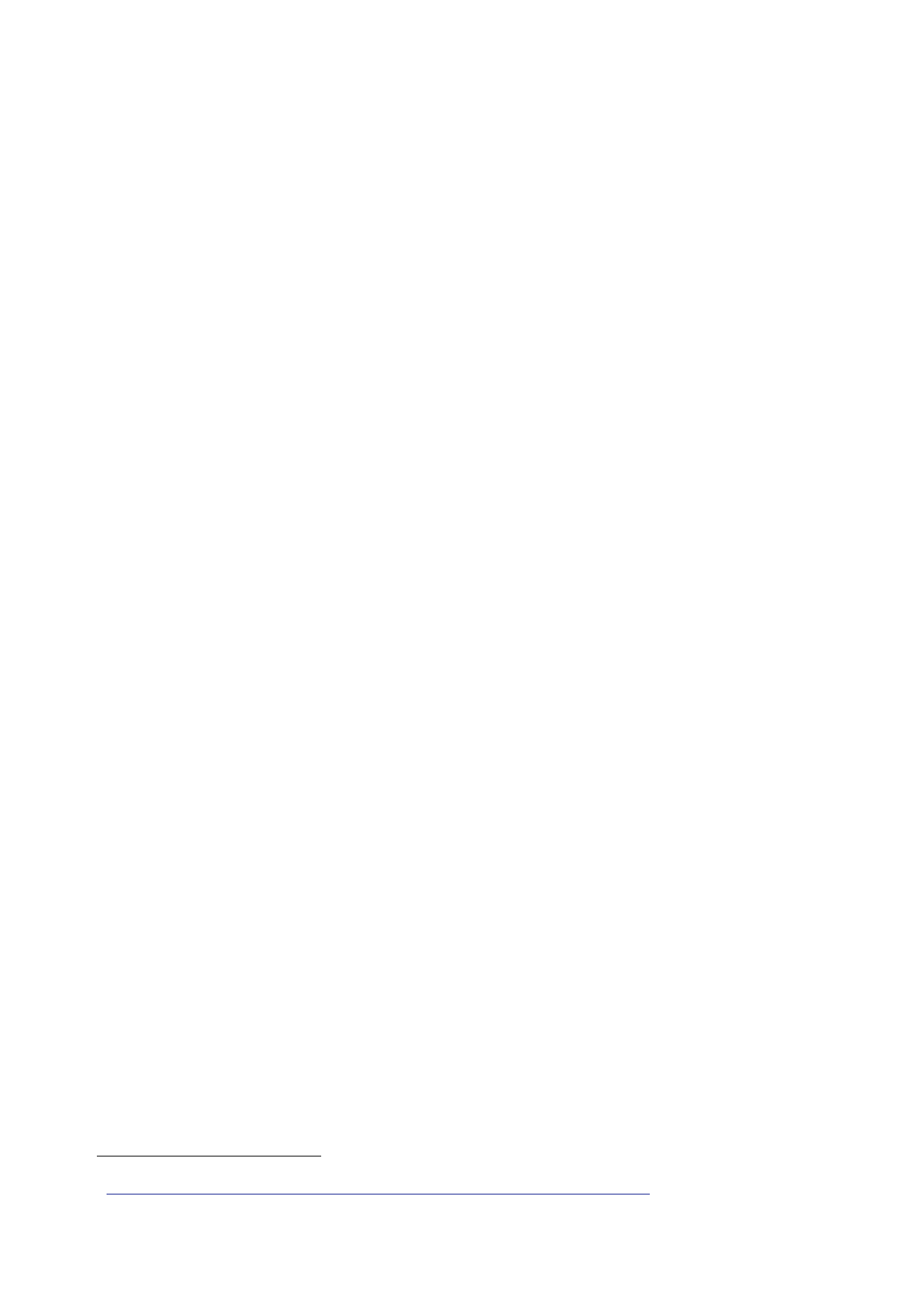
3.6 |
Development of UK strategy and options, November 2002 to January
2003
•
Iraq could
try to overload UNMOVIC by releasing large volumes of
information
about
legitimate industries. Although less likely, Iraq might admit to
some
‘expendable’
parts of its WMD programmes to demonstrate ostensible
co‑operation
and to provoke divisions in the UN. But it will focus on
concealing
sensitive
items from inspectors.
•
There is no
real evidence as yet of real cracks within the regime, but these
might
appear if
UNMOVIC makes real progress. But loyalty within the Iraq military
or
security
apparatus is unlikely to collapse until an overwhelming Coalition
attack
is seen as
inevitable or actually begins. And regime breakdown cannot
be
guaranteed
short of a major ground invasion.
•
If Saddam
were to perceive a large‑scale Coalition attack to be inevitable,
he
would
probably cease any co‑operation with the UN and become far
more
confrontational.
•
Saddam’s
total control means that Iraqi policy can change substantially
with
little
warning. There is considerable scope for Saddam to miscalculate
or
26.
Other
important points made in the Assessment were:
•
The
agreement of “new, tougher rights for inspectors” in resolution
1441 had
been “an
unwelcome surprise to the Iraqi leadership”.
•
“Regime
survival” was Saddam Hussein’s “overriding priority”. But he also
“had
a very
strong commitment to retaining WMD” which he saw as “key to
Iraq’s
power and
influence”.
•
Iraq’s
security apparatus was “designed to prevent internal
rebellion”.
Top officials
already associated “their fate with that of the regime,
fearing
retribution
from the Iraqi population, or the Coalition”.
•
Regime
concerns about internal security were “focused on southern Iraq”
but the
JIC
continued to judge that “an internal uprising would be unable to
overthrow
Saddam
except in conjunction with a large‑scale external
attack”.
•
Iraq had
“no credible alternative to ostensible co‑operation with the UN”
and it
could “only
continue playing for time in the hope that the international
pressure
it faces
eventually weakens”. Saddam Hussein would “avoid extreme
actions,
at least
in the short term”.
•
The JIC had
“no new intelligence” on whether Iraq would “declare
any
prohibited
materials or activity in response” to resolution 1441. Any
disclosures
on WMD
would “damage the regime’s already limited credibility, given
its
continuing
blanket denials of WMD possession”. The Iraqi regime would
“seek
to
take advantage of any opportunity to fudge Iraq’s obligations
or delay the
UN process”.
7
JIC
Assessment, 14 November 2002, ‘Iraq: Regime Cohesion Under
Pressure’.
9
